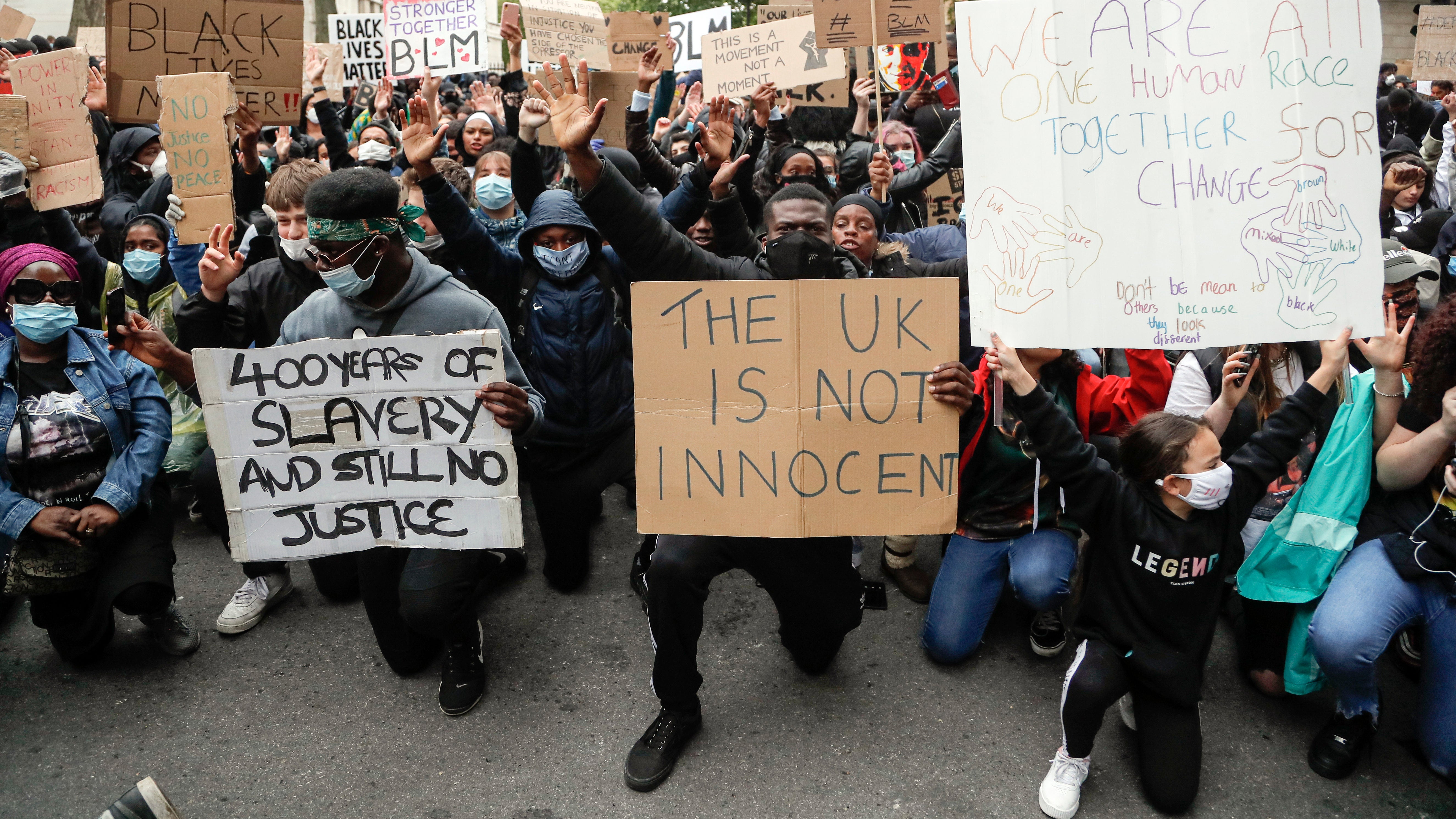UK: Black adviser quits government in wake of racism report
The most senior Black adviser to British Prime Minister Boris Johnson has resigned

The most senior Black adviser to U.K. Prime Minister Boris Johnson has resigned, the government said Thursday, the day after a report on racial disparities concluded that Britain does not have a systemic problem with racism.
Samuel Kasumu will leave his job as a special advisor for civil society and communities next month.
The prime minister’s 10 Downing St. office said Kasumu's departure had “been his plan for several months.”
Downing Street denied the resignation was related to Wednesday’s publication of a report by the government-appointed Commission on Race and Ethnic Disparities, which concluded that Britain is not a systemically racist country.
But Simon Woolley a former government equalities adviser and a member of the U.K. House of Lords, said Kasumu’s exit was connected to the “grubby” and “divisive” report.
He said there was a “crisis at No 10 when it comes to acknowledging and dealing with persistent race inequality.”
Kasumu considered quitting in February. He wrote a resignation letter, obtained by the BBC that accused Johnson’s Conservative Party of pursuing “a politics steeped in division.” He was persuaded to stay in his job temporarily.
The Conservative government launched the commission's inquiry into racial disparities in the wake of anti-racism protests last year. The panel of experts concluded that while “outright racism” exists in Britain, the country is not “institutionally racist” or “rigged” against ethnic minorities.
Citing strides to close gaps between ethnic groups in educational and economic achievement, the report said race was becoming “less important” as a factor in creating disparities that also are fueled by class and family backgrounds.
Many anti-racism activists were skeptical of the findings, saying the commission ignored barriers to equality.
“Institutionally, we are still racist, and for a government-appointed commission...to deny its existence is deeply, deeply worrying,” said Halima Begum, chief executive of the Runnymede Trust, a racial equality think tank.
The coronavirus pandemic has highlighted racial fault lines, with Britons from Black African and Black Caribbean backgrounds dying from COVID-19 at more than twice the rate as their white compatriots.
Black people in Britain are three times as likely as white people to be arrested and twice as likely to die in police custody.
Like other countries, Britain has faced an uncomfortable reckoning with race since the death of George Floyd, a Black American, at the knee of a U.S. policeman in May 2020 sparked anti-racism protests around the world.
Large crowds at Black Lives Matter protests across the U.K. last summer called on the government and institutions to face up to the legacy of the British Empire and the country’s extensive profits from the slave trade.
The toppling of a statue of 17th-century slave trader Edward Colston in the city of Bristol in June prompted a pointed debate about how to deal with Britain’s past. Many felt such statues extol racism and are an affront to Black Britons. Others, including the prime minister, argued that removing them was erasing a piece of history.
Bookmark popover
Removed from bookmarks